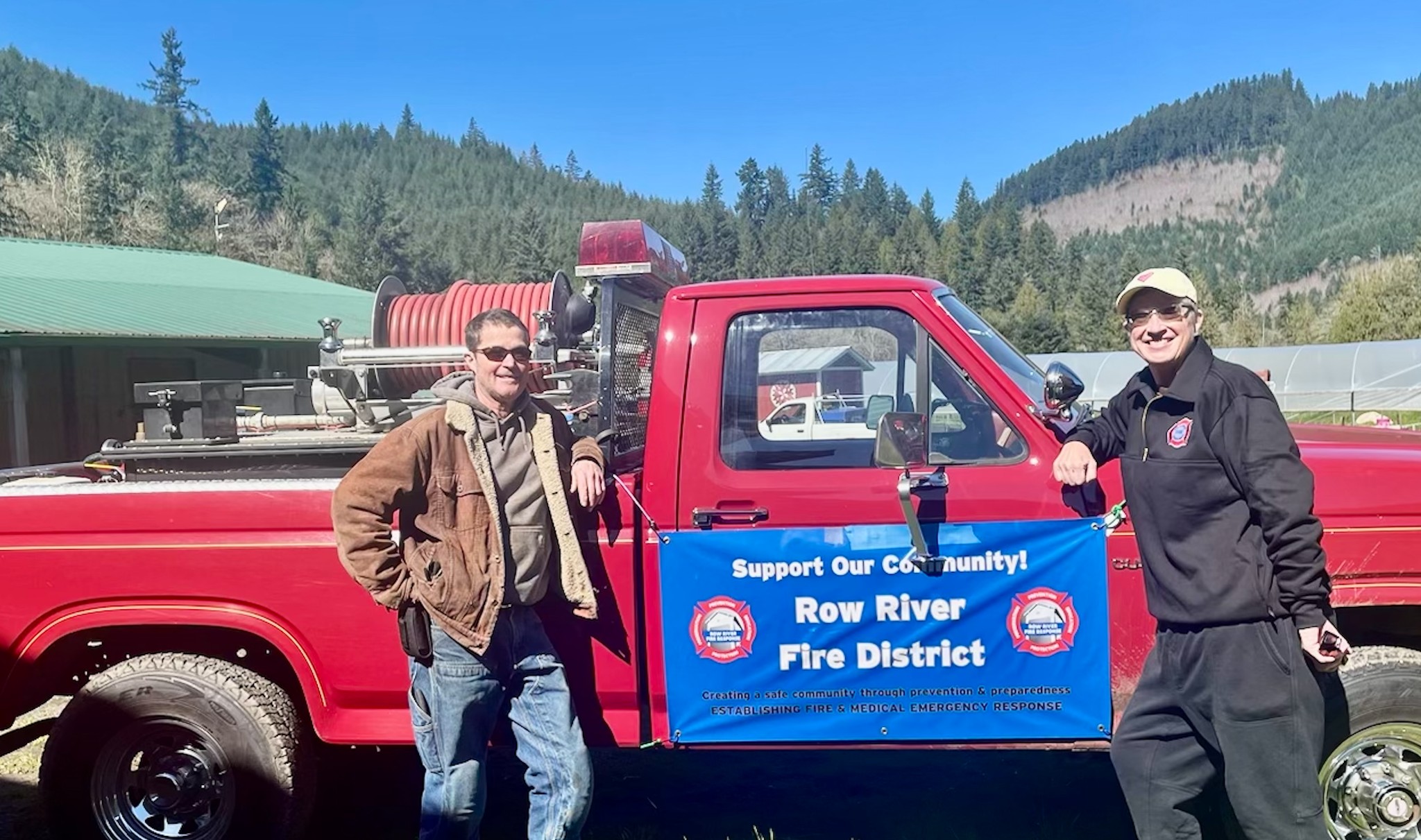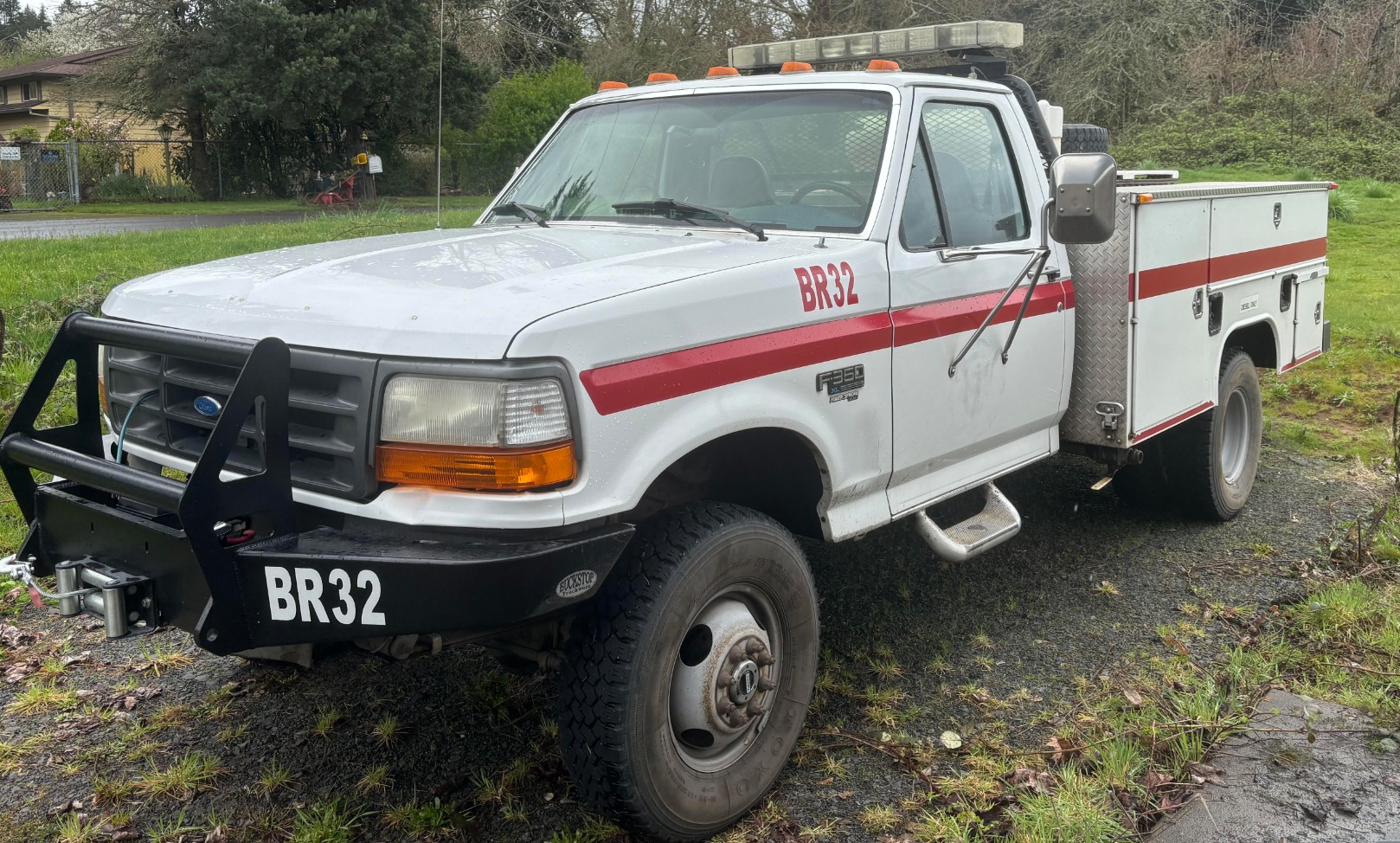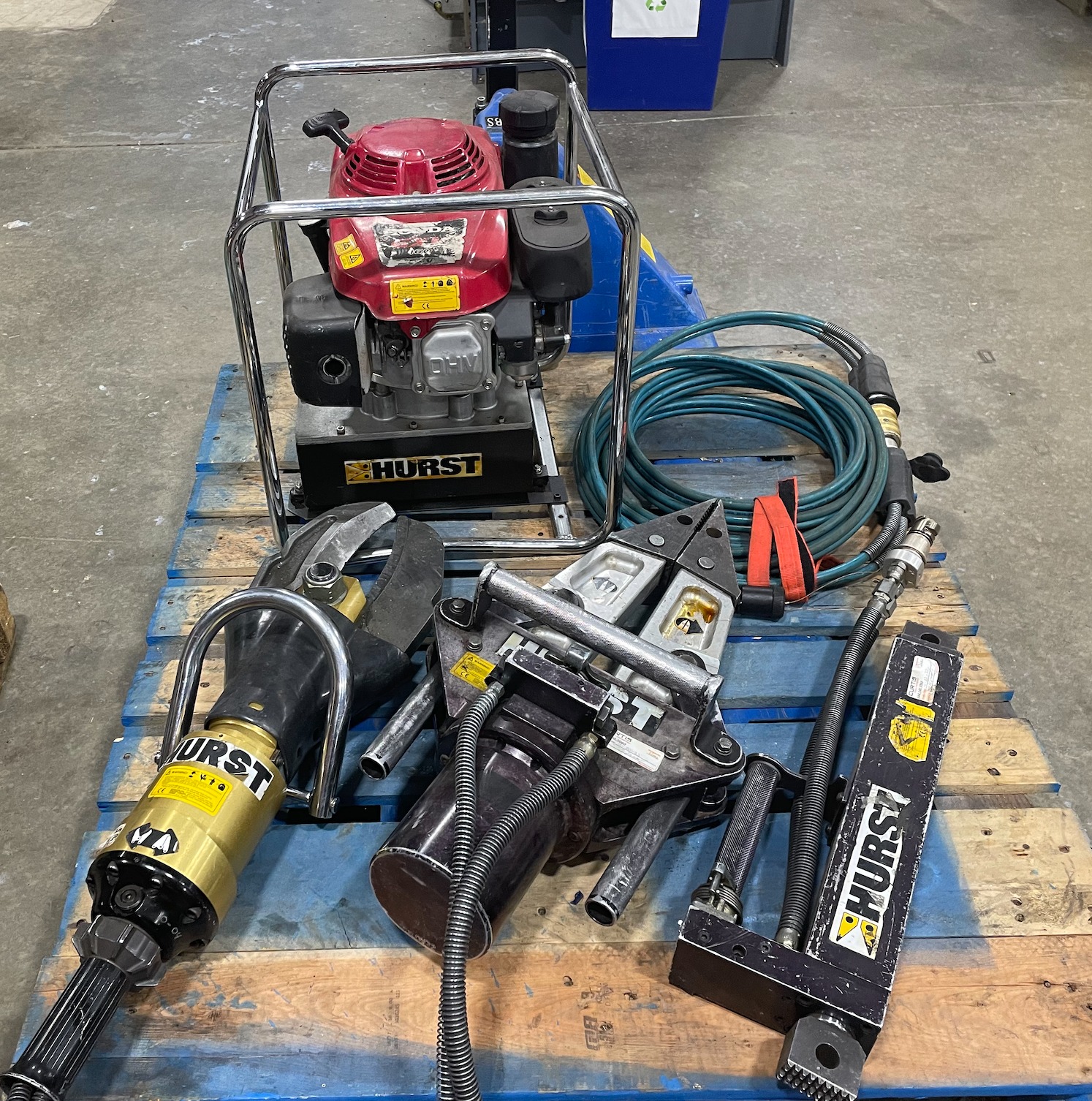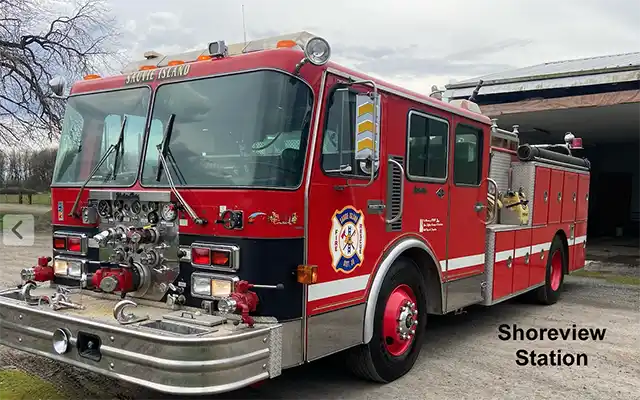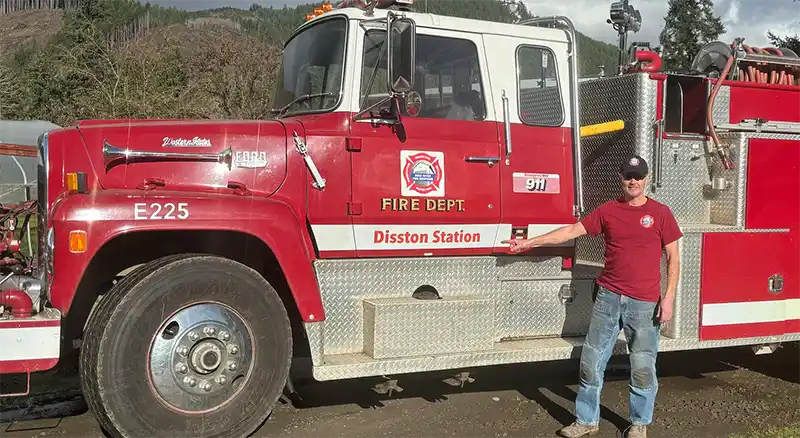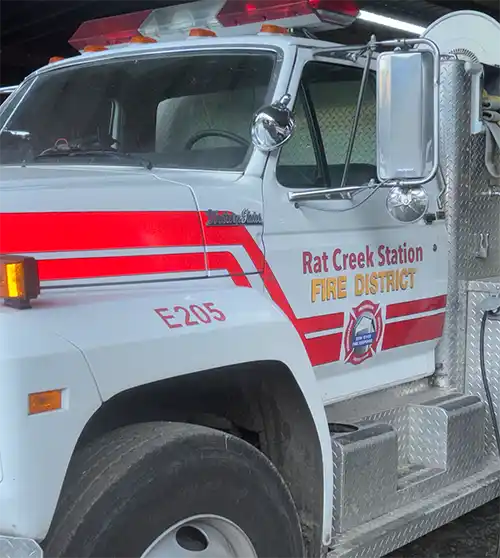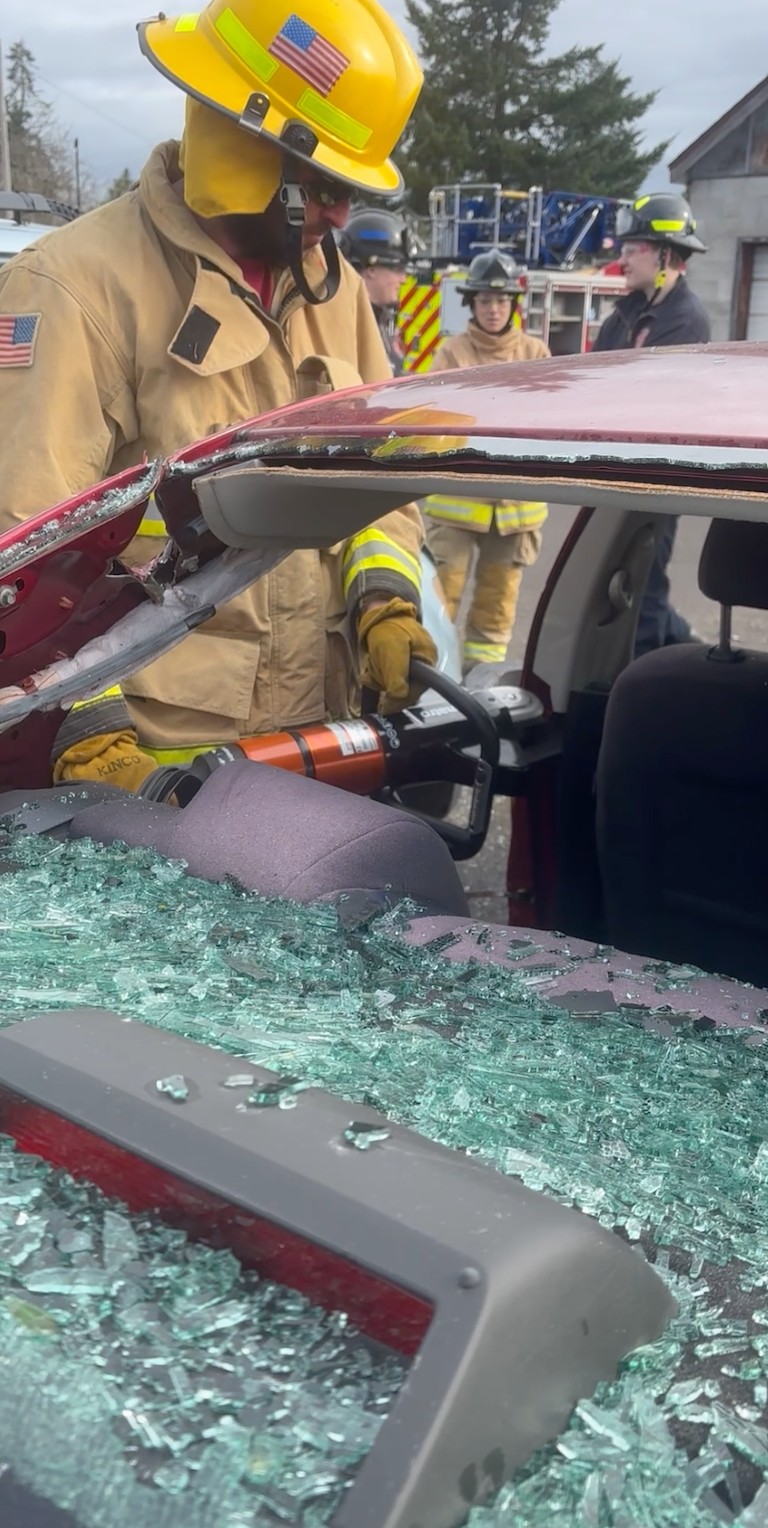Answers to Recent Questions:
Frequently Asked Questions
Establishing a community-based fire district is a complicated journey. It involves getting approval from the government, finding funds, and following rules carefully. Getting the right equipment, training staff, and connecting with existing emergency systems make it even tougher. Dealing with legal issues, working with nearby areas, and getting support from our community are also important. Learn how our committed team manages all these challenges to keep our community safe and secure. The following FAQs try to explain part of our process. As time permits, the RRFR volunteers will continue to update the FAQs. If you have a particular question not found here, please email info@rowrivervalley.org with your questions.
Row River Fire Response or RRFR is a 501(c)(3) nonprofit association formed on Octuber 27, 2022, to obtain grants and assistance from the state of Oregon, Lane County and various philanthropy associations. Only a legal firefighting entity can receive governmental support and funding. Therefore, the 501(c)(3) was formed to establish the legal entity of the Row River Rural Fire Protection District (RRRFPD). The RRFR intends to remain a non-profit to continue in their fundraising efforts for the betterment of the local Row River Valley community.
To be tax-exempt under section 501(c)(3) of the Internal Revenue Code, an organization must be organized and operated exclusively for exempt purposes set forth in section 501(c)(3), and none of its earnings may inure to any private shareholder or individual.
Your contributions to the RRFR is tax-deductible. If you would like a receipt for your donation, please send your request by email to: treasurer@rowrivervalley.org
The satellite stations funding is thanks to the generous donations by Weyerhaeuser and Woodard Family Foundation. (These buildings are basic portable cost-effective buildings.) The property owners have donated their property on a 5-year lease of $1.00 annually.
Public Hearings.
https://cdnsm5-hosted.civiclive.com/UserFiles/Servers/Server_3585797/File/Government/BCC/2024/2024_ORDERS/010924/24-01-09-27.pdf
Row River Rural Fire District is a special district as determined by Oregon State Law; it is pending a majority “Yes” vote outcome by voters in the proposed district on the May 2024 election.
A district is an area within a city, town, municipality, or county that is established in order to provide fire prevention and fire suppression services. Property taxes are often the primary source of funding for Fire Districts and Regional Fire Authorities.
The proposed tax rate for the Row River Valley will not exceed $2.40 per thousand dollars of the assessed value.
As a Rural Fire District, a new board is elected upon approval by the voters in the district. It is this board that determines the taxes requested.
The Satellite Stations will be located in Disston, Rat Creek, and Shoreline. (Shoreline location TBD) on leased properties for $1.00 a year for each location.
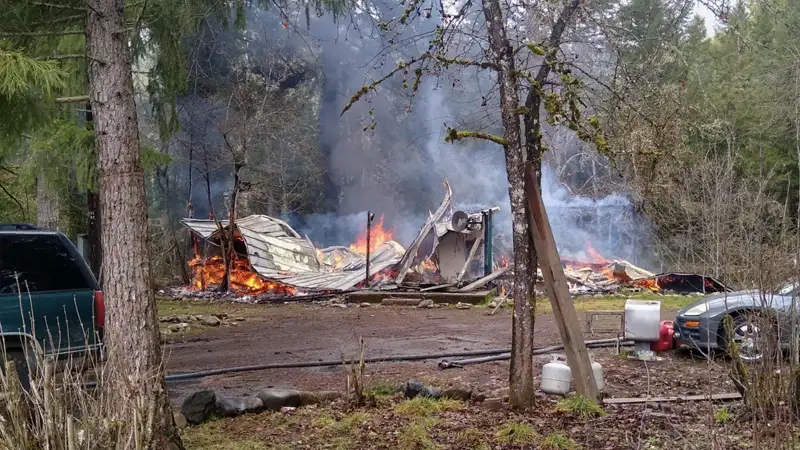
House lost due to a chimney fire at mile marker 18 in Dorena, Oregon.
In January 2022, a chimney fire destroyed a family’s home at the 18-mile marker, forcing them to leave the valley. (As of March 16, 2024, the property remains vacant.) Concerned about preventing future tragedies, community members united to link the community-based fire trailer group to the 911 system.
Originally named the Row River Exploratory Committee, this group evolved into the Row River Fire Response when they became a non-profit 501c3. They initially focused on connecting neighborhood water trailers to the 911 emergency system. However, after four years of exploring various options they found the only legal, lasting, and cost-effective solution for fire and medical protection of forming a district.
- The stations are near active firefighters and are positioned to provide the quickest response along the entire Row River area.
- These satellite stations are being built to the minimum ISO standards to secure that each resident in district is within 5 miles from a fire station (thus lowering ISO scores that have a direct impact on your property insurance.)
The Row River Fire Response started when a group of concerned citizens formed the Row River Exploratory Committee. They wanted to connect the existing community fire trailer group to the 911 emergency system. But they ran into big problems along the way.
First, there were rules and procedures in place for emergency systems that made it hard to connect our community group. These rules included things like needing licenses, following certain standards, and having legal frameworks that didn’t fit with what we were doing.
Then, there were technical issues. Our community group had trouble fitting into the 911 system because of how it was set up. Making our operations match with the way things were already working was too tricky.
Even if we could have joined the 911 system, it would have cost a lot of money. We’d need to meet all the rules, get all the right equipment, and train everyone properly. That would have been too expensive for our community to handle.
And there were legal concerns, too. Things like insurance coverage, who would be responsible if something went wrong, and how we’d deal with emergencies all made it too hard to join the 911 system.
Finally, there was worry that without official approval, our community group might get in the way of real emergency responders. This could stop emergency vehicles from doing their job properly and lead to fines or lawsuits against us and the community-trailer members.
What is Mutual Aid?
Oregon Fire Mutual Aid System The Oregon Fire Mutual Aid System (OFMAS) is a term used to describe fire response in the state at all levels: local, regional, statewide, and into other states.
In emergency services, mutual aid is an agreement among emergency responders to lend assistance across jurisdictional boundaries. This may occur due to an emergency response that exceeds local resources, such as a disaster or a multiple-alarm fire. Mutual aid may be ad hoc, requested only when such an emergency occurs.
How Does Mutual Aid System Work?
Mutual Aid is a prior agreement between a fire district (like ours through SLF), and the Lane County Fire Defense Board and other nearby districts that provides no cost fire response from their district to the requesting district who needs help.
Didn’t we receive Mutual Aid as part of Lane County?
Yes, we did. However, the request for Mutual Aid came from a secondary source therefore the response time is substantially delayed.
Why is it important to receive Mutual Aid as a Fire District?
By forming a Fire District in our valley, our firefighters would have the ability to pick up our radios and get immediate support from multiple fire districts in Lane and Douglas County to come to our aid, at no cost. Furthermore, our District can and will have AUTOMATIC Mutual Aid with SLFR, our closest partner, so that as soon as the 911 dispatches to our District, both our District and SLFR begin response at the same time. Also both agencies can and will attack structure fires!
Initially, the idea of forming a 501(c)(3) fire district seemed like a good plan for the Row River Fire Response initiative. However, we ran into some big challenges:
- Government Approval: Getting approval from the government is crucial for a fire district. It gives legal power, ways to get funding, and access to government help. Without this approval, the 501(c)(3) fire district wouldn’t have the authority or support needed to work well and do its job of providing important fire services to the community.
- Insurance Support: Insurance companies didn’t support our plan much. If we didn’t become an approved fire district, we wouldn’t get the protection and coverage we needed.
- Mutual Aid: A 501(c)(3) fire district might have trouble making mutual aid agreements with other fire districts or emergency groups nearby. These agreements let places share resources and help each other during emergencies. Without government approval, getting these agreements would have been hard, making it tough to respond well to emergencies.
- Equipment and Training Costs: Switching to a 501(c)(3) fire district would have cost a lot for buying equipment and running training programs. Firefighting gear like trucks and hoses is really expensive. Plus, training volunteer firefighters and staff to meet professional standards needs a lot of time and money. Without government help, paying for all this would have been a big financial problem for the organization.
Yes! RR Firefighters are certified and have been fighting structural fires starting January 2024.
RR Volunteer Firefighters are in training to respond to structural fires in the standard capacities including exterior defense, transitional attack, and interior firefighting in accordance with NFPA, DPSST, and the Standard Operating Procedures and Guidelines of any authorities having jurisdiction.
- RR Volunteer Firefighters are currently fighting structural fires.
- RE: Interior Firefighting: RR firefighters are being trained and certified in the use of SCBA and provided with the necessary equipment and support, (such as ‘2 in 2 out’, RIT, apparatus, etc.).
- There is an exception to the ‘2 in 2 out’ rule when the responding certified firefighter determines that there is a life in danger (rescue), so that rescue operations can be undertaken urgently when necessary.
- During the transition period while our volunteers are in firefighter 1 training, they are responding to structural fires and provide exterior, transitional, or defensive attack depending on fire conditions and other variables.
This FAQ was updated March 15, 2023
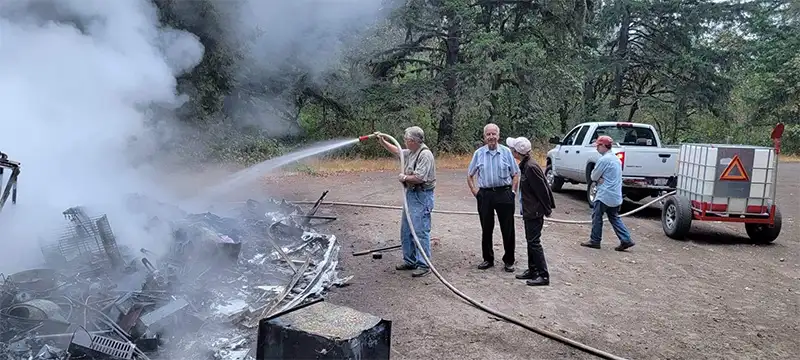
Aftermath of trailer fire at LaSells Stewart Park at Wildwood Falls.
In September 2020, there was a big RV fire near forested areas, and around the same time, the Holiday Farm Fire was burning too. This fire became one of Oregon’s biggest ever and needed a lot of resources. In Dorena, our community’s fire trailers helped put out the fire.
Around this time, a group had already talked with many agencies about joining the 911 system and starting a nonprofit fire group. But our small Lane County community couldn’t make it happen alone. They knew they needed a permanent solution but saw it was impossible without a proper organization.
As just a community group, they could only ask for help with limited resources. But if they became a 501(c)(3) organization, they could make real changes to help everyone in the community. Even if it started small, like getting a radio system for the community, they were determined to do it.
It took months to decide, but once they did, they hired a non-profit attorney group to make the Row River Fire Response happen.
The River Fire Response has been working hard to get the proposed fire district on the ballot for the May 2024 elections. This progress happened just one year after the SLCFR board signed a 2-year partnership contract.
Thanks to support from SLCFR, other fire districts, agencies, and private organizations, we’ve trained twenty firefighters in different types of firefighting and medical response. We’ve also found three temporary stations and got four fire trucks, water tenders, and extra vehicles for brush fires.
We’re still raising money for equipment and safety gear, but we’re also setting up fire stations and placing equipment to make the valley safer. Lowering our ISO ratings from 10 to 8 or below will help homeowners get cheaper insurance. (ISO MAP PDF) We hope this will make our community safer and save people money on insurance.
Once the fire district is approved, a new board will run it. The main job of the Row River Fire Response will still be raising money to make sure the valley has good fire and medical help.
OUR COMMUNITY HAS RECEIVED SUPPORT FROM ACROSS THE STATE OF OREGON. BELOW ARE JUST SOME OF THE BENEFITS THAT HAS BEEN PROVIDED AT NO COST TO THE PROPOSED FIRE DISTRICT.
VOTE YES FOR LOCAL MEDICAL ASSISTANCE AND FIRE RESPONSE.
VOTE YES FOR A SAFER & MORE SECURE ROW RIVER.
To find out how much this will cost for your property go to
-
- Accept Lane County’s policies.
-
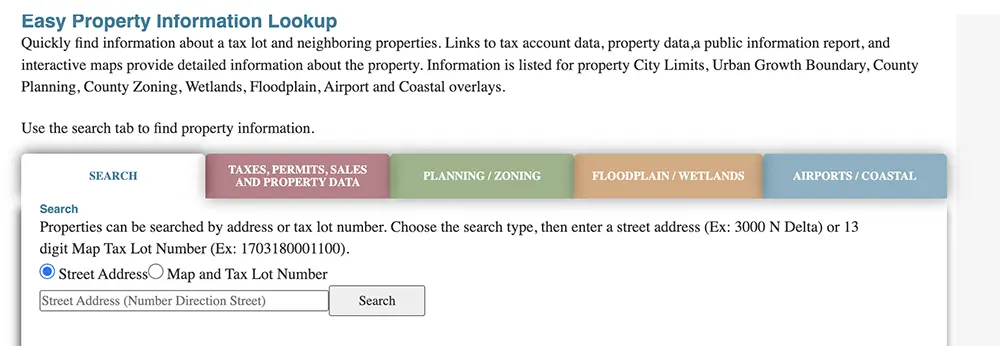
Enter your street address in the search area.
-
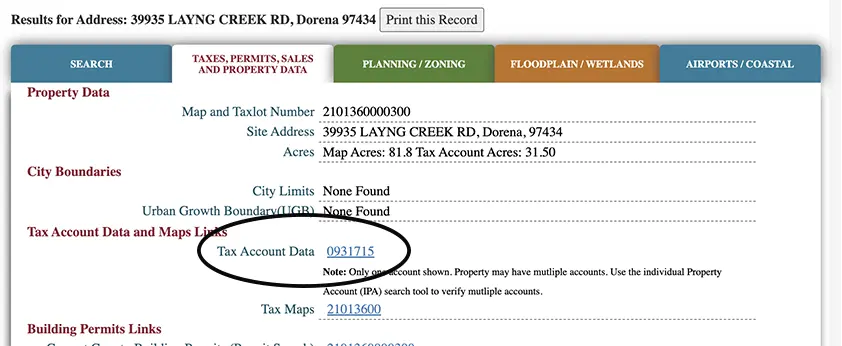
Click on the Tax Account Data number.
-

Find your Assessed Value under 2022 or 2023 on the 1st line of the Valuation History box.
-
-
- Multiply your assessed value by .0024. For example an assessed value of $120,000.00 would result in a tax of $288.
- You can also find your assessed value on your last property tax statement.
-
* Make sure to use your Assessed Value NOT the Real Market Value.
** Need help figuring this out? Contact us at info@rowrivervalley.org and one of our volunteers will be happy to walk you through it.


